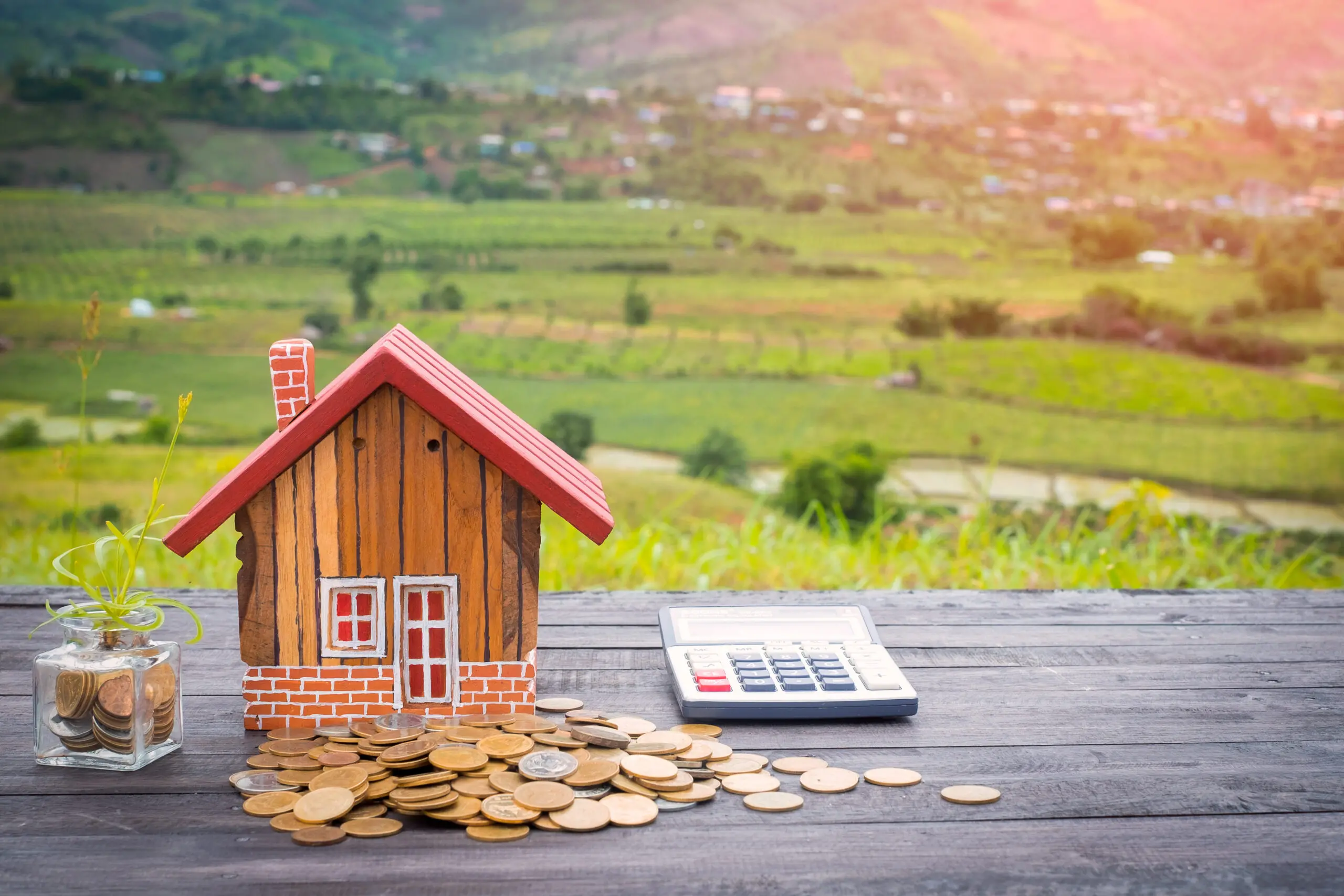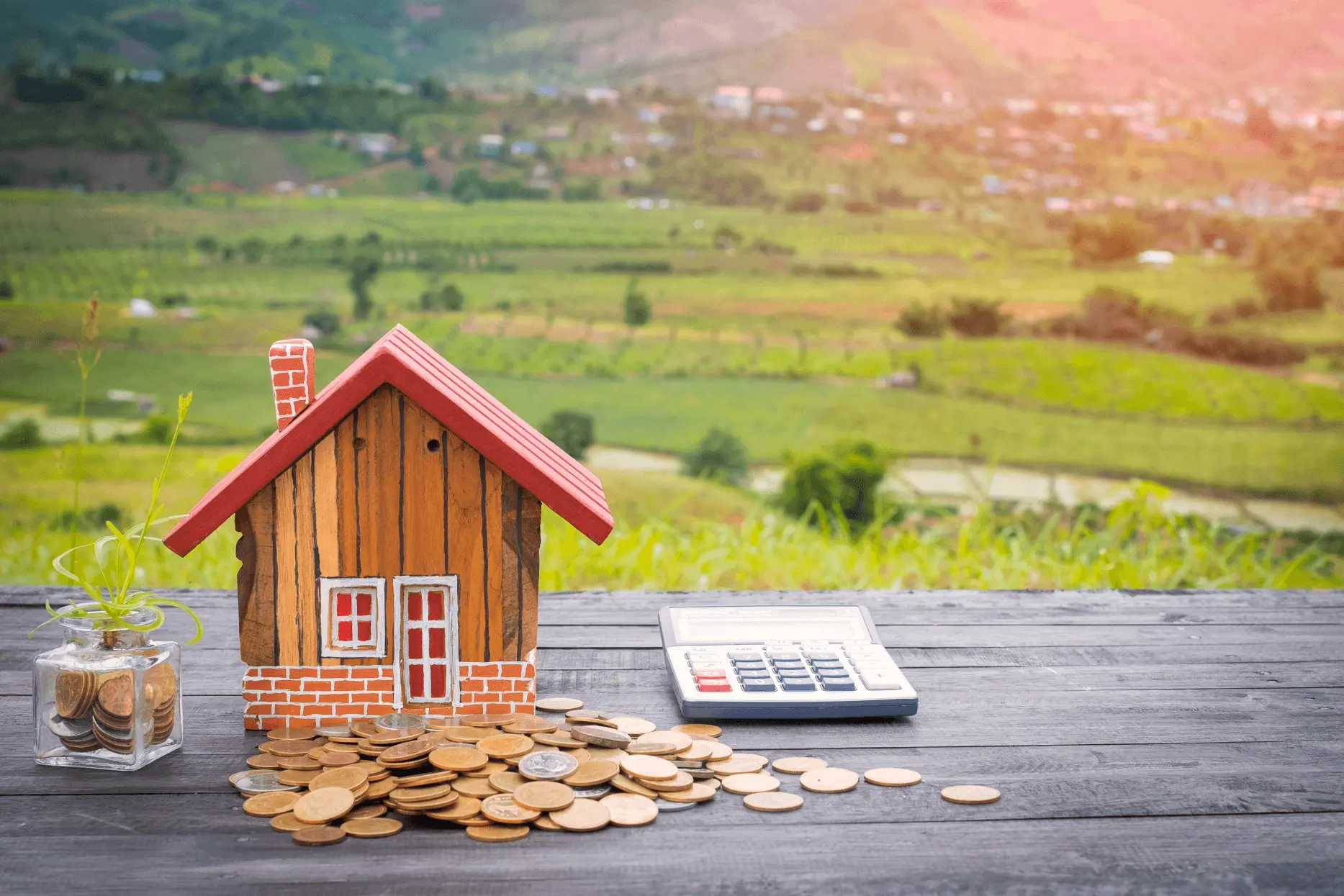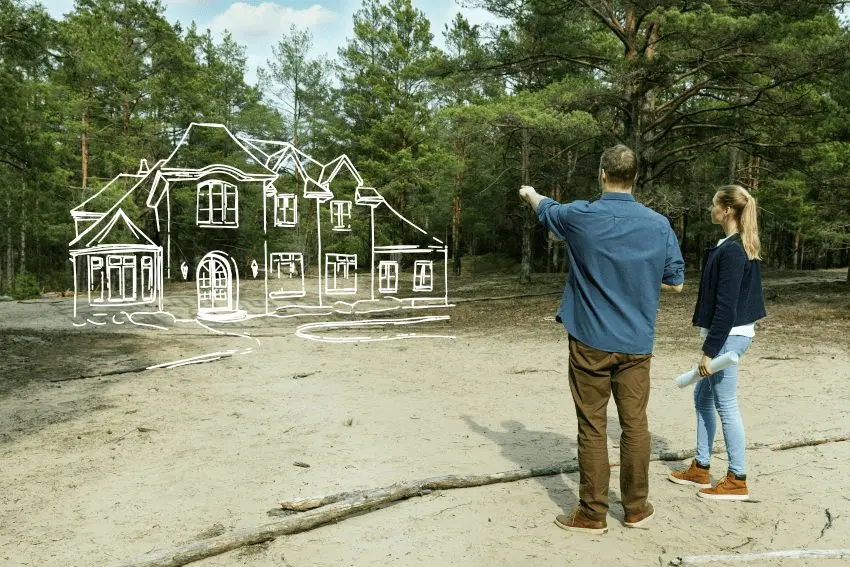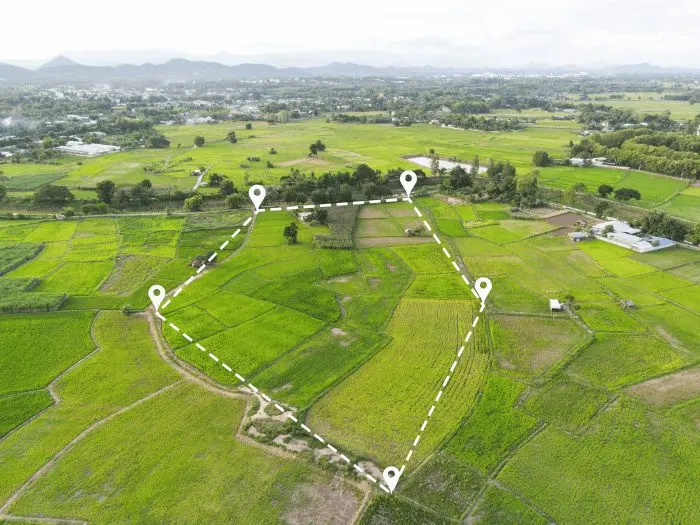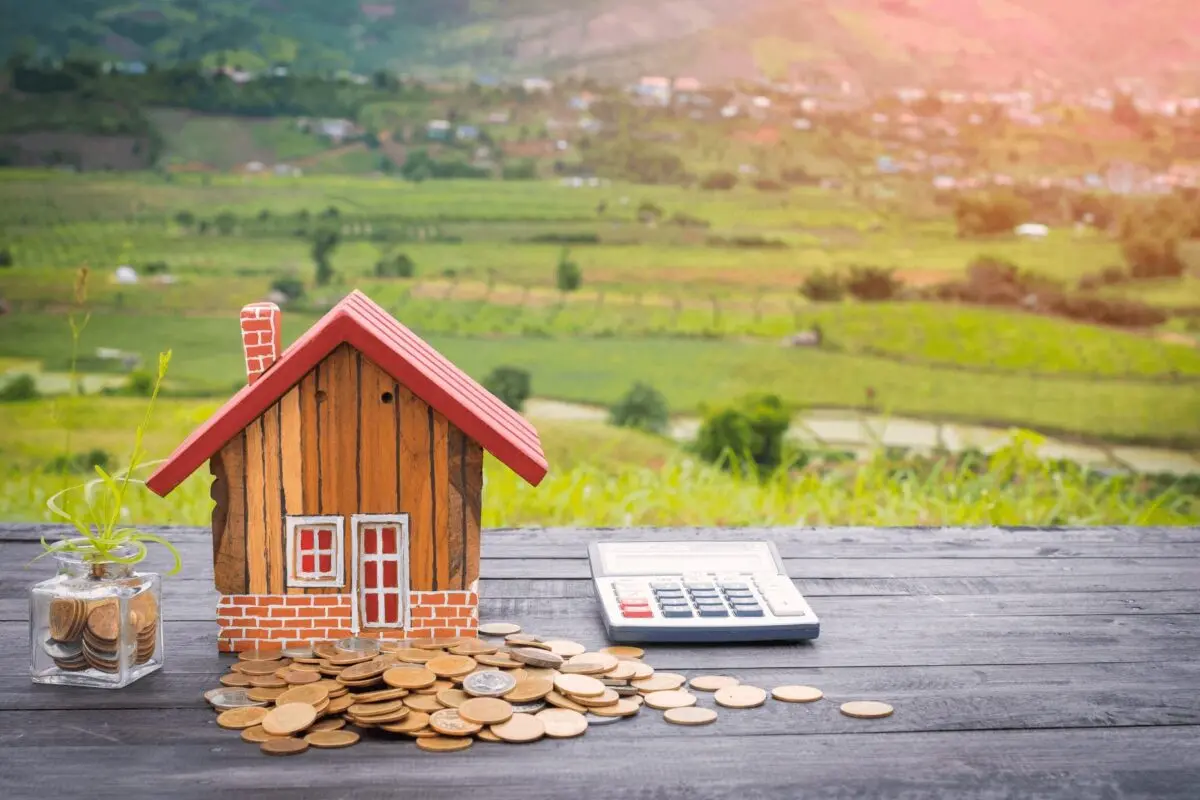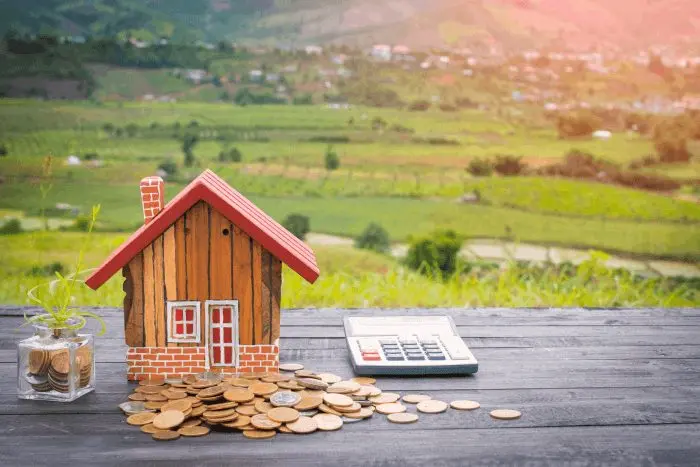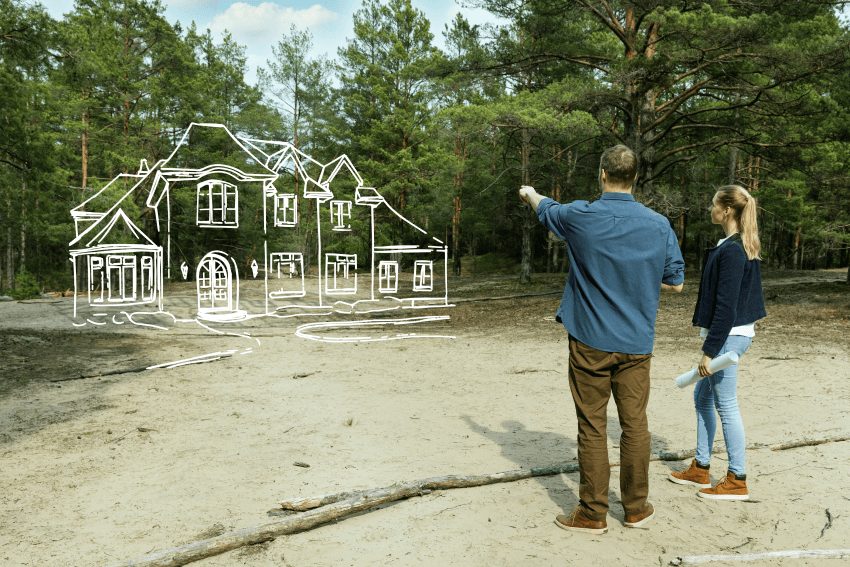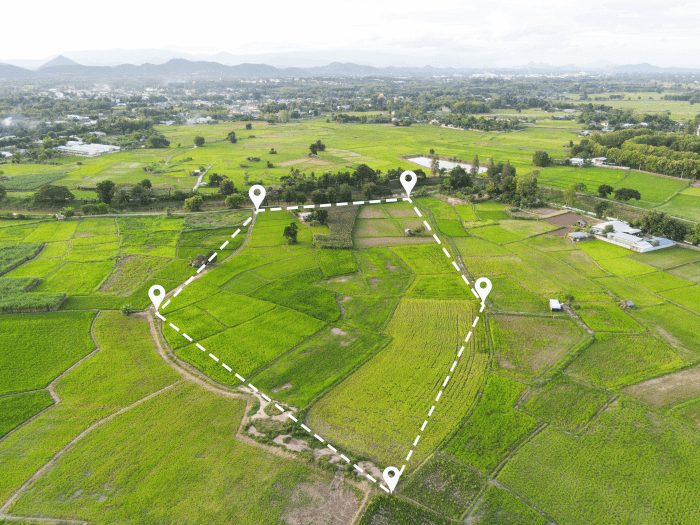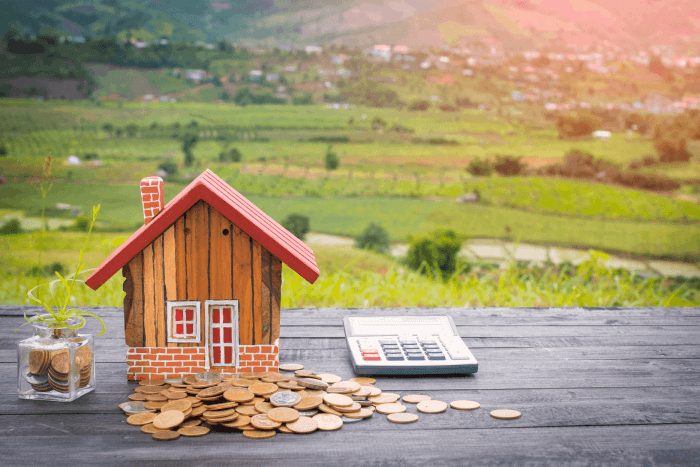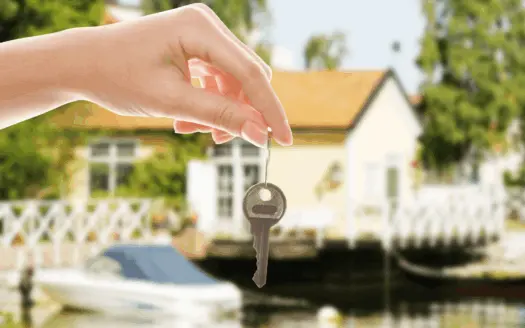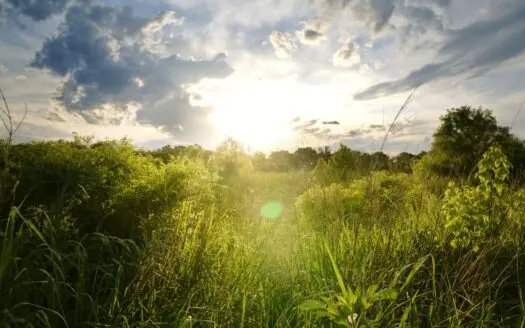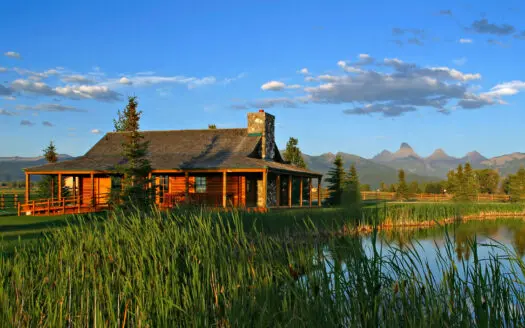5 Tips for Buying a Rural Property | United Country Real Estate
Buying a Rural Property? Read These First
The reasons for purchasing a rural home are obvious. The stark difference between living in a busy urban lifestyle and the peace offered by the rural environment makes buying a rural property very attractive.
But just like any other investment, there are better ways to go through the process of purchasing so that you are assured your money won’t go to waste.
Because the complexities of purchasing a house in rural areas can be overwhelming, you should know how you can make your investment worthwhile.
Owning a rural property involves a lot of things from real estate taxes, and even answering some tough questions on both you and your agent’s part.
Everything You Need to Know About Owning Rural Property
Living in rural areas can be very beneficial for many, but it is still not for everyone. It’s important to study your options very well so that your experience will be more rewarding.
Place an image here
Take a look at the following tips for buying rural property:
1. Ask Before Buying: Know Your Needs and Wants
You can easily be attracted to the grandeur of living in the countryside or be allured by the charms of living a rural life. But, before you jump quickly into investing in a rural property, it is important that you have a solid understanding and foundation of what you really need and want.
Ask yourself these questions that will help you narrow down your choice and to help you determine if buying rural property is the answer to your needs and wants:
- What are your primary motivations for wanting to live in a rural area?
- Do you have a clear idea of the type of rural property you want to buy (e.g., farm, ranch, acreage)?
- Are you prepared for the isolation and lack of amenities that can come with living in a rural area?
- Do you have the financial resources to sustain a rural property, including the cost of maintenance, repairs, and any necessary improvements?
- Have you considered the potential challenges of commuting to work or accessing healthcare and other services in a rural area?
- Are you comfortable with the idea of being self-sufficient and potentially being responsible for your own water and sewage systems?
- Do you have the necessary skills or are you willing to learn the skills needed to maintain and operate a rural property (e.g., farming, ranching, forestry)?
- Have you done research on the local real estate market and the availability of rural properties in your desired area?
- Have you considered the potential resale value of a rural property in the future?
- Are you prepared to take on any zoning or land use regulations that may come with owning a rural property?
2. Know the Area
There are a multitude of considerations that must be taken into account when you’re thinking of buying any property. These include the location of the property, the availability of amenities and services in the surrounding area, the quality of the soil and climate for farming or gardening, the proximity to schools and hospitals, and the overall safety and security of the community.
Additionally, it is important to consider the condition of the property itself, including the age and condition of the buildings, the quality of the infrastructure and utilities, and any potential hazards or environmental concerns.
By carefully considering all of these factors, you can ensure that the rural property you are planning to buy will truly be the paradise and dream home you have always wanted.
There are several important details to consider and things to know when it comes to the location of a property you are looking for:
- Proximity to amenities and services: It is important to consider the distance to essential amenities and services such as grocery stores, medical facilities, schools, and public transportation.
- Climate and natural disasters: The climate and natural disasters in the area should be taken into account, as certain regions may be prone to extreme weather events such as floods, hurricanes, or earthquakes.
- Population density: The population density of the area may affect the availability of amenities and services, as well as the overall sense of community.
- Access to roads and transportation: Good access to roads and transportation is important for getting to work, school, and other necessary destinations.
- Employment opportunities: Consider the availability of employment opportunities in the area, as well as the commute to nearby cities or towns for work.
- Recreational opportunities: Think about the recreational opportunities in the area, such as hiking trails, parks, and bodies of water, as these can be important for quality of life.
Land use and zoning regulations: It is important to research the land use and zoning regulations in the area to ensure that the property can be used for your intended purposes.
By considering these factors, you can get a better understanding of the location of a rural property and whether it will be a good fit for your needs and lifestyle.
3. Review and Consider Utilities
Purchasing property in urban areas often means that the necessary utilities, such as electricity, water, and sewage, are already in place and connected. This is because urban areas generally have a more developed infrastructure and a higher population density, making it more cost-effective for utilities to be installed and maintained.
But when it comes to rural property, the situation can be quite different. In rural areas, the infrastructure may not be as developed, and the population density is generally lower, which can make it more difficult and costly to install and maintain utilities. Therefore, it is important to carefully consider the availability and cost of utilities when purchasing a rural property.
Place an image here
This may include researching the distance to the nearest utility connection, the cost of installing and maintaining utilities, and the reliability of the utilities in the area. By thoroughly researching these factors, you can make an informed decision about whether a rural property is a good fit for your needs and budget.
The process and construction of utilities are different, too. You can talk and negotiate with the seller of the property about how utilities can be made to suit your needs.
There are several utilities that you should consider when purchasing a rural property:
- Water and Electricity: Electricity is essential for powering homes and appliances. It is important to research the distance to the nearest electrical connection and the cost of installing and maintaining electricity on the property. Water is essential for drinking, cooking, and sanitation. When purchasing land in a rural area, it is important to consider the availability of a reliable water source, such as a well or connection to a municipal water supply.
- Sewage: Proper sewage disposal is important for both public health and the environment. You should consider the availability of a septic system or connection to a municipal sewage system.
- Natural gas: Natural gas can be used for heating and cooking, and is often more cost-effective than other fuel sources. It’s important to consider the availability of natural gas and the cost of installing and maintaining a natural gas connection.
- Internet and phone service: In today’s connected world, access to internet and phone service is often essential for communication and work. It is important to research the availability and quality of internet and phone service in the area before buying rural property.
Some structures could include:
- Benches
- Bridges
- Feeders
- Gates and fences
- Livestock panels
- Sheds
- Various equipment
By carefully considering these utilities, you can ensure that you have the necessary resources to live comfortably and sustainably on a rural property.
4. Maintenance and Furnishing Cost
When considering the purchase of a rural property, it is important to carefully evaluate the size and scope of the property, as well as the cost and effort required to maintain it.
A larger rural house and wider area of land may come with higher maintenance costs, such as landscaping, irrigation, and repairs. It is important to consider whether you are able to handle these tasks yourself, or if you will need to hire professionals to assist with maintenance.
Additionally, you should think about any upgrades or improvements you may want to make to the house or landscape, such as repainting, rearranging furniture, or adding new decorations.
Here are some examples of maintenance and furnishing that comes with buying rural land:
- Repairs and renovations: These costs may include fixing damage to the property, such as a leaky roof or broken windows, as well as any necessary renovations or upgrades.
- Utilities: These costs may include electricity, gas, water, and any other necessary utilities for the property.
- Property taxes: These are taxes that are levied on the property by the local government.
- Insurance: This may include insurance for the property itself, as well as any insurance that is required for the contents of the property, such as contents insurance.
- Furnishings: These costs may include the purchase of furniture and other household items, such as appliances, that are necessary for the property.
- Landscaping: These costs may include the maintenance of gardens and outdoor areas, as well as any necessary landscaping work.
- Cleaning and maintenance: These costs may include the cleaning of the property, as well as any necessary maintenance work, such as painting or carpet cleaning.
These upgrades can add value to the property, but they also come with additional costs and effort. By carefully considering these factors, you can make an informed decision about whether a rural property is a good fit for you and your budget.
5. Work with a Trusted and Knowledgeable Realtor
Buying a rural property has its own complexities and working with a realtor who understands and knows how to deal with these complexities is a must.
It’s essential to work with a realtor who has the knowledge and experience to navigate these complexities and effectively guide you through the process of buying a rural property. A realtor who understands the specific challenges and requirements of rural properties can help you make informed decisions and ensure that the process goes smoothly.
This will be especially helpful if it’s your first time purchasing property in rural areas.
Knowledgeable realtors who have dealt with transactions in purchasing rural properties can guide you through the whole process to avoid the pitfalls that you may encounter.
Here’s how to choose the right agent for agriculture land.
Is Buying Rural Property a Good Investment?
It depends on your wants and needs. If you know that you will benefit most from buying a piece of land, don’t jump right into it.
At the end of the day, it’s always the mantra “know before buying.” There are a lot of questions to ask to both yourself and the person selling you a new property.
Talk to our real estate agent or realtor at United Country Real Estate today. We also offer rural properties such as ranches and farms for sale across the United States.

